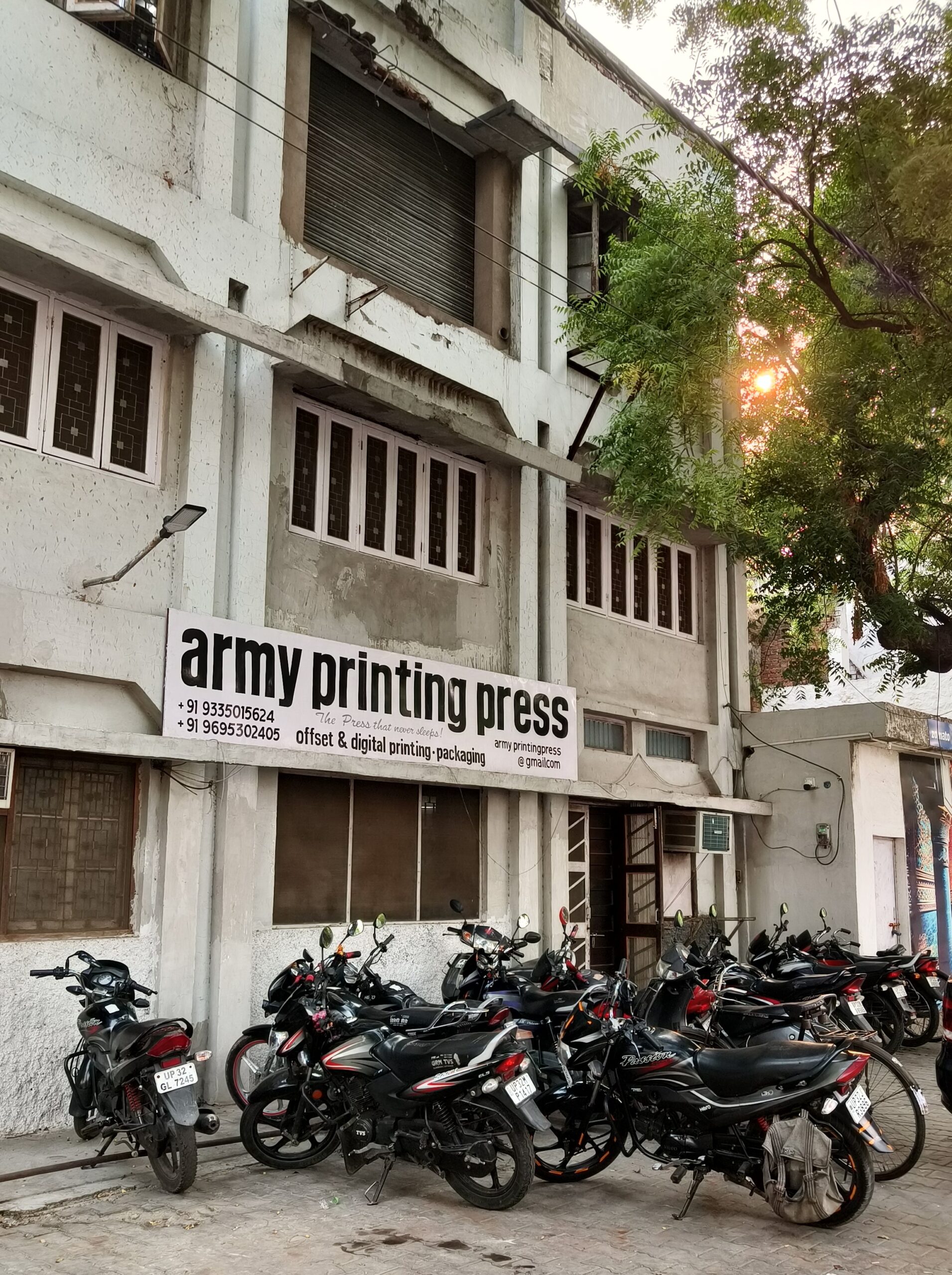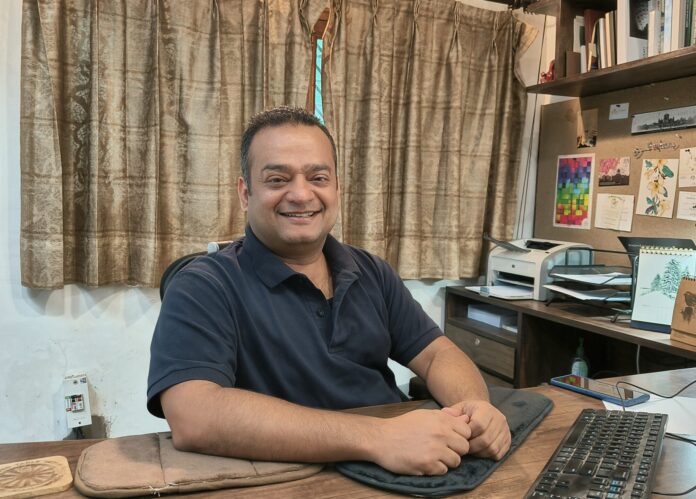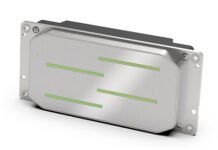During a recent visit to learn about the latest printing industry trends and developments in Lucknow, Indian Printer & Publisher met Gautam Bajaj of Army Printing Press — located along Nehru Road in the Cantonment region of the UP capital, with its production factory located 17 kilometers away.
Bajaj explained how demands are evolving. There is an increase in low-volume jobs, a significant reliance on digital, and a growing startup culture in the city, which is giving rise to a demand for more boxes than books.
The pandemic changed everything for Lucknow’s printers to a state that neither their production nor demand has reached pre-Covid levels to date. Asked how they are sustaining given the low margins and short volumes, Bajaj said, “This is where evolution became necessary.”

“After the pandemic, the govt and banking sectors reduced printing orders to cut costs. Schools and other educational institutions followed a similar pattern. Conventional offset printing started declining. Orders still came, but volumes decreased significantly, affecting profit margins. So to stay afloat, we decided to expand our offerings to include more than just books.”
Around 60% of Army Printing Press’ production is dedicated to printing law, medicine, and other textbooks for publishers. Ninety percent of these jobs are performed on an array of single color and perfector presses from Heidelberg, and the books are available on Amazon.
Expanding to stay afloat
Bajaj says book production is the stable part of the business that is growing but slowly. The rest of the company’s operations include short-run commercial and digital printing and packaging, which has the best pace of growth.
Lucknow is a growing hub of startups. However, the majority of those are in the bakery and confectionery businesses along with new ventures in apparel, cosmetics, and jewellery with an online presence.
Army Printing Press makes luxury boxes in small quantities and has several clients with customized demands. It manufactures boxes for gifting items for a luxury unboxing experience as well as labels and tags for the apparel segments. Most of its short-run operations are managed at its Cantonment facility, while the factory is utilized for most of the offset book printing and box-making.
The company utilizes Heidelberg presses for offset operations, Konica Minolta for digital and embellishment, JWEI cutting tables from Technova for various applications, including packaging, printing, and signage, and a six-clamp perfect binding machine from Bindwel.
The company plans a further expansion with a recently acquired refurbished Komori Lithrone 426 press, HP latex for signage, Bindwel’s single clamp binder – the Sigloch Zen, and a few other machines. Bajaj was all praise for Bindwel technology, which enabled quick short-run production.
According to Bajaj, the indoor signage and point of sale (POS) markets have tremendous potential. His target markets are conferences and events. “We explored several avenues for POS and the cutting table was a huge help. Investment in the latex machine seemed logical given our plans to enter the market. Things are changing and the market is transitioning so it is necessary to explore new avenues for growth,” he said.

















